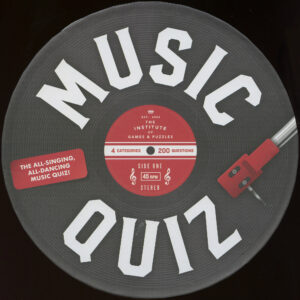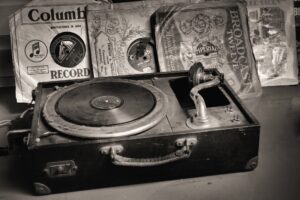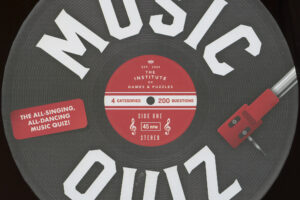David Bromberg stands out even in a landscape in which there are many talented and eccentric acts. He is part rock-and-roll and blues royalty — he took lessons from Rev. Gary Davis — and part Borscht Belt comedian. The bottom line is that he has been making great music for decades. Some of it is slow and thoughtful acoustic blues and some of it is over-the-top ADHD fun.
Unfortunately, this great version of Oh, Sharon can’t be embedded. I recommend it. The song has one of the great verses in rock:
Oh, Sharon,
What do you do to these men?
You know, the same rowdy crowd that was here last night
Is back again.
This interesting interview with Holgar Peterson touches on many topics, including Bromberg’s relationship with Davis. Here is the beginning of the bio at his site:
He’s played with everyone, he’s toured everywhere, he can lead a raucous big band or hold an audience silent with a solo acoustic blues. Here’s the story of David Bromberg, or at least some of it…
Born in Philadelphia in 1945 and raised in Tarrytown, NY, “as a kid I listened to rock ’n’ roll and whatever else was on the radio,” says Bromberg. “I discovered Pete Seeger and The Weavers and, through them, Reverend Gary Davis. I then discovered Big Bill Broonzy, who led me to Muddy Waters and the Chicago blues. This was more or less the same time I discovered Flatt and Scruggs, which led to Bill Monroe and Doc Watson.”
Bromberg began studying guitar-playing when he was 13 and eventually enrolled in Columbia University as a musicology major. The call of the Greenwich Village folk scene in the mid-’60s drew David to the downtown clubs and coffeehouses, where he could watch and learn from the best performers, including primary sources such as his inspiration and teacher, the Reverend Gary Davis. Continue Reading…









